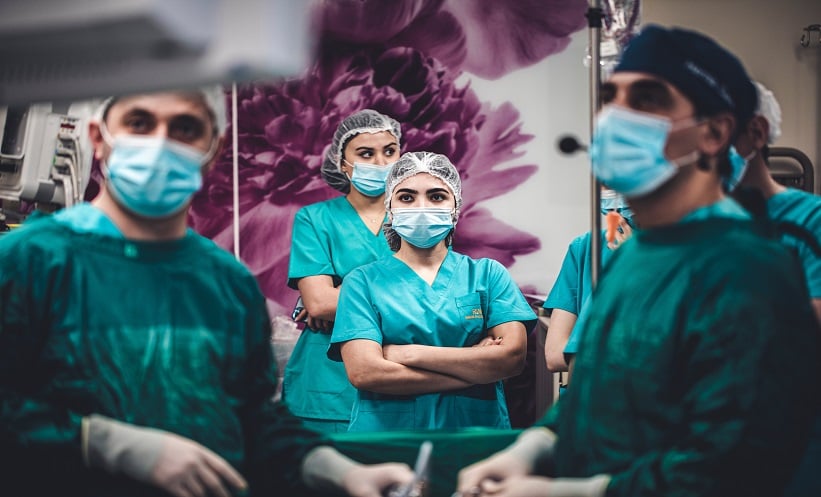KIDNEYS transplanted from patients who tested positive for COVID-19 within 1 week of their death have been found to be safe to transplant, with no reported infections after the transplant surgery, a recent study has found. Researchers at Washington University School of Medicine in St. Louis, Missouri, USA, found that the virus was not associated with organ rejection, longer hospital stays after surgery, or with a decline in kidney function following surgery.
By analysing data collected by the United Network for Organ Sharing (UNOS) transplant registry, including data from more than 35,000 kidney donors, the research team found that, during the early stages of the COVID-19 pandemic, the rate of kidney transplants fell by 50% in the USA. Patients who had tested positive for COVID-19 were no longer eligible to donate their organs, which were discarded due to the concern surrounding transmission.
However, as the pandemic progressed, the researchers found that transplant providers became more likely to transplant organs from deceased patients who had tested positive for COVID-19. In 2023, kidneys have been transplanted from donors who had an active COVID-19 infection within 1 week of their death. “We found no higher risk of graft failure or of patient death in those who got kidneys from COVID-19-positive donors,” stated Tarek Alhamad, Washington University School of Medicine.
Previously kidney donors with hepatitis C were also used much less frequently; however, recent findings identified that hepatitis C had little effect on the success of kidney transplant surgery. Previously these donors had only been transplanted into a patient if they also had hepatitis C, and this finding will help thousands of people currently waiting up to 10 years to receive a kidney.
According to the American Kidney Fund (AKF), 106,000 people in the USA are on a waiting list for an organ transplant, with 92,000 (87%) waiting for a kidney transplant, highlighting the importance of identifying kidneys deemed safe for transplant.








